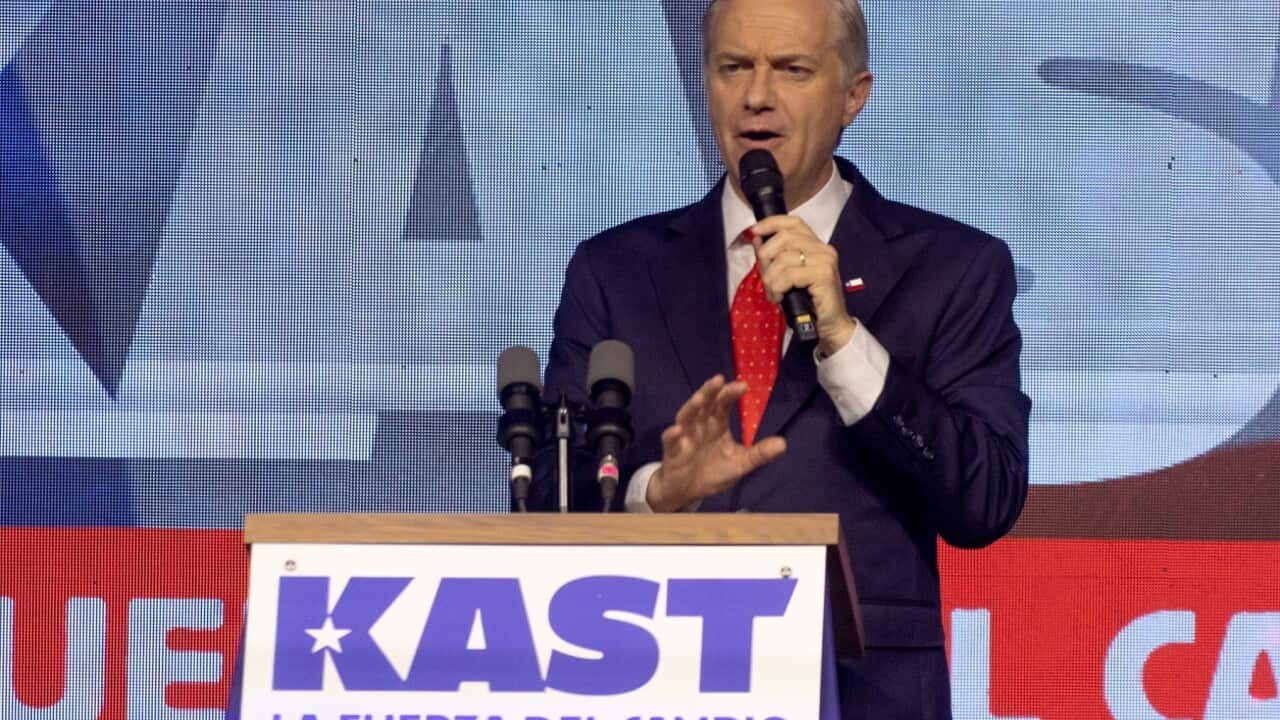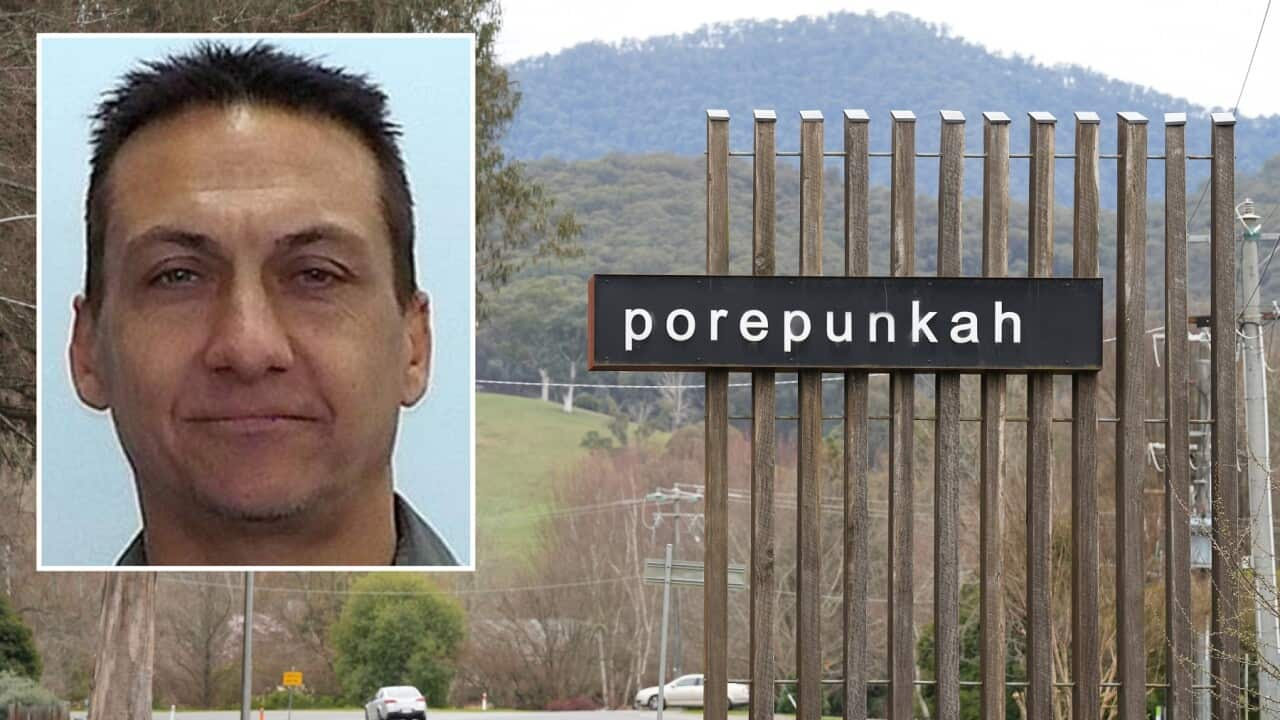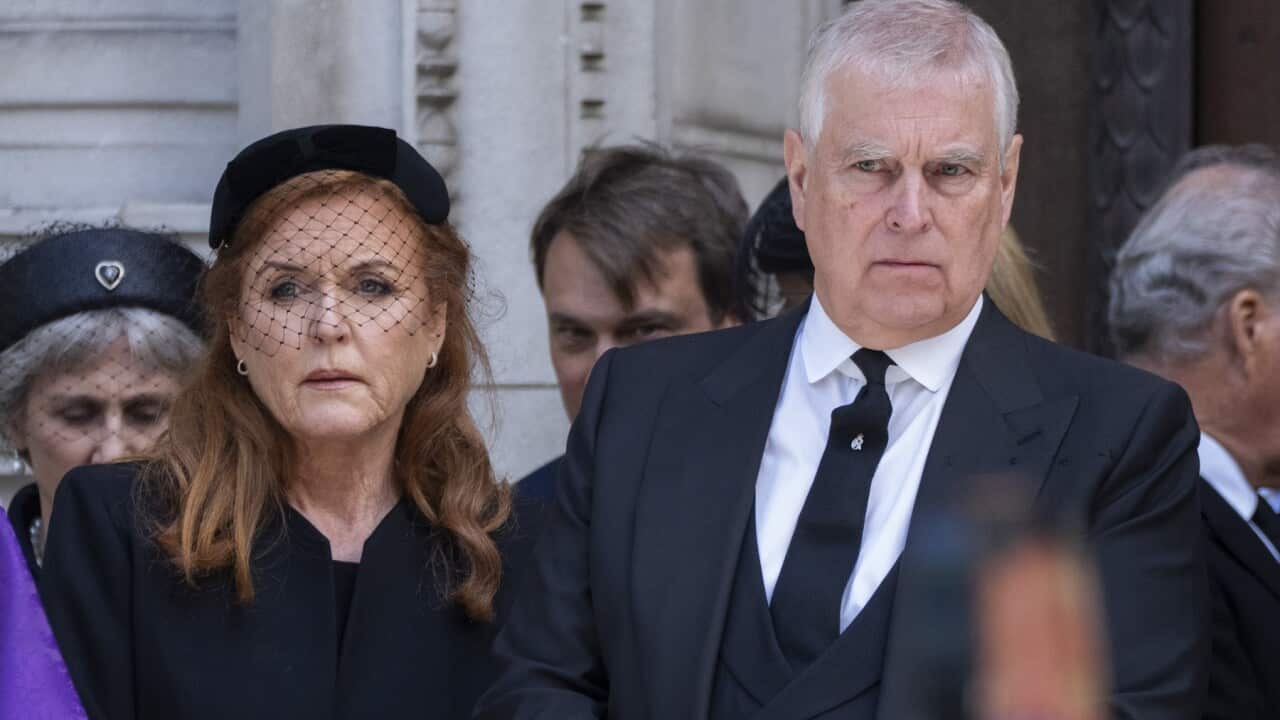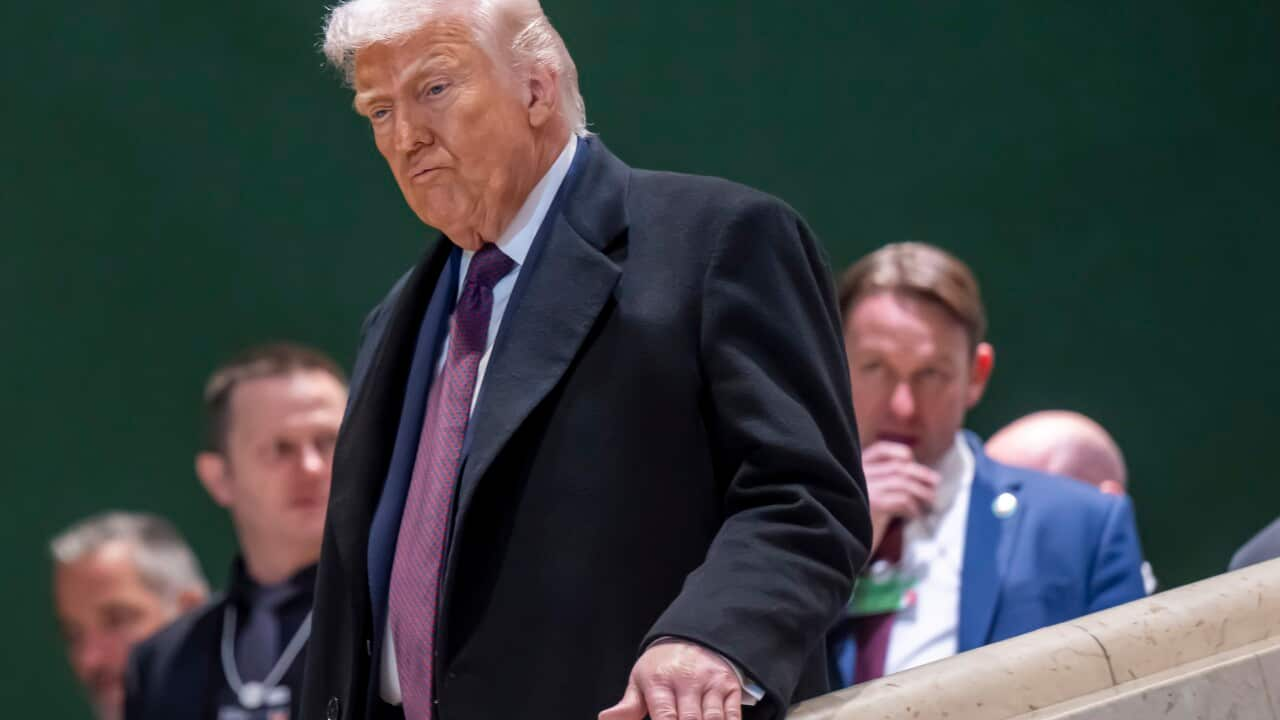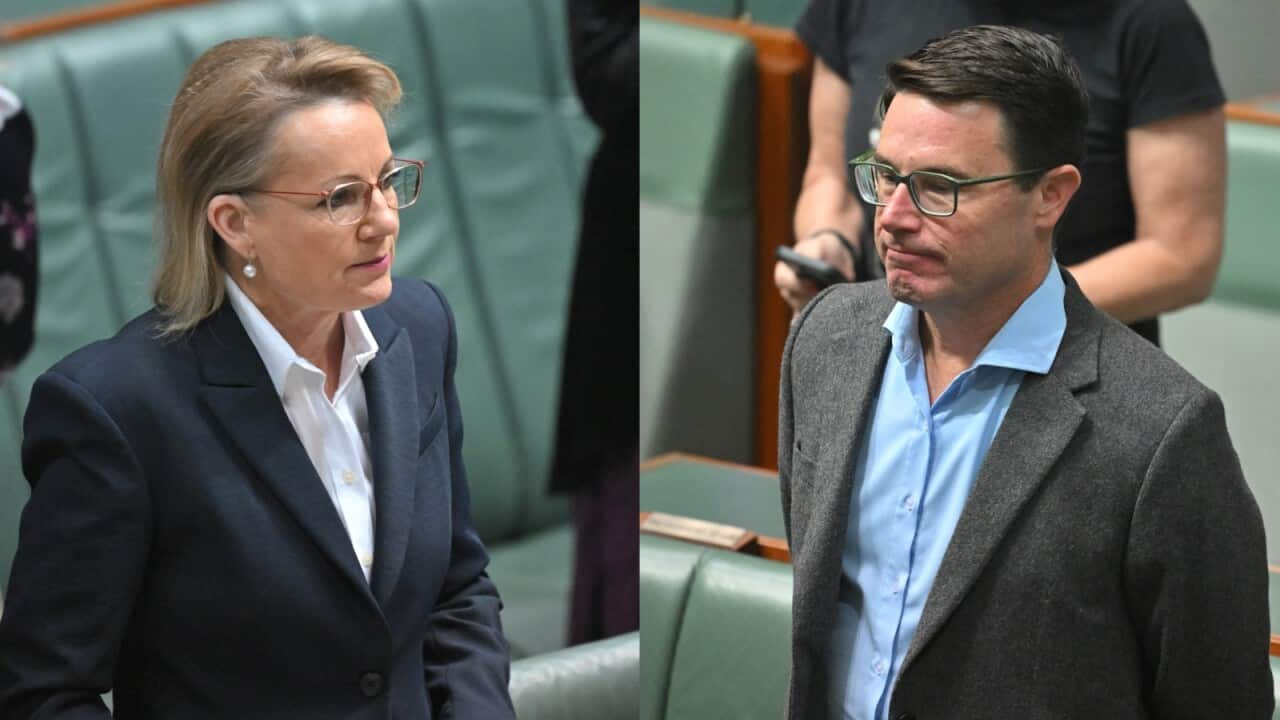Listen to Australian and world news, and follow trending topics with SBS News Podcasts.
TRANSCRIPT
59 year-old Jose Antonio Kast, emerged triumphant on the stage on Sunday night.
Despite being beaten in numbers in round one of the elections, he is widely seen as the future President of Chile -
“What became clear today is that the opposition defeated a failed government of the country. A government that couldn't lead the country's destiny. The real victory will be when we close our borders to illegal immigration. The real victory will be when Chileans have a dignified job and Chile grows again."
The choice between the lead presidential candidates is stark; after four years of centre-left rule, ultraconservative Kast is competing against centre-left, former Labor Minister, Jeanette Jara.
By the time more than 70% of the result was counted in Sunday’s first round vote, Kast had secured about 24% of votes.
"The election on December 14 is not just any election. It will be the most important election of our generation. It will be an actual plebiscite between two models of society. One model is that of the current government, which has led Chile to destruction, stagnation, violence, and hatred. The other model is ours, which speaks the truth and promotes freedom, hope, and progress for Chile."
Jeanette Jara took around 27 per cent of the votes.
Representing a centre-left coalition, she had stronger support among the public than her rival, in round one.
"The most important reason for me to come and vote today is to safeguard women's rights and social rights, which we have fought to protect across different governments."
"I am truly proud to see that a woman who shares my values is such a great woman. My heart is filled with pride. It is the most beautiful thing that could have happened."
"Of course, victory was assured from the outset. She was going to the second round. Now we must hope that the other candidates support her so that the country wins."
But what the former labor minister doesn't have is the support of the other right-wing candidates, who took almost 30 per cent of votes at the polls.
"I won't be intimidated by these challenges, because I am a fighter, I am a fighter."
But Gilberto Aranda, Political Analyst at the University of Chile says this fight will be very difficult for her to win.“Basically, the ruling party received a lower percentage than expected, while the three right-wing parties that ran together received more than 50%. Therefore, it is highly likely that the candidate who came second in the first round will be declared the winner in the runoff, which basically indicates a swing toward conservatism. This is a hyper-conservative candidate.”
Jose Antonio Kast burst into the political scene in 2017, rising in the ranks to take second place four years ago.
He promised a crackdown on crime and immigration - and a plan to put Chile first, combined with a promise to build walls, fences and trenches along Chile’s border to block migrants from poorer countries.
Kast's campaign appears to have resonated with the Chilean public, after four years of centre-left rule’
"This is an initial step toward a definitive victory, which we hope will come with great joy and conviction to defeat the left in its attempt to continue destroying this country."
"It is important that security be the main issue right now. And hopefully all the candidates can focus on that, because without security in this country, we can no longer live.”
“We must hope the winner will recover the country. This is the most important thing for Chileans—to recover our country because it’s being lost. We need a person with a firm hand.”
The comparisons between Jose Antonio Kast and Donald Trump are difficult to ignore.
Political analyst Guillermo Holzmann from Varaino University says it is no accident - and this is a winning formula.
"Today, the disruption of Trump in the United States is marking a path towards anti-globalism — not globalization, but globalism as an expression of the progressive left, which is the one that has been diminished or a minority in the election in Chile and other elections."
The first round of presidential elections is the first test of mandatory voting in Chile, after years of low turnout.
Of the population of 18 million, around 15.7 million people must cast their ballot for round two.
Chileans will head to the polls again on the 14th of December.
